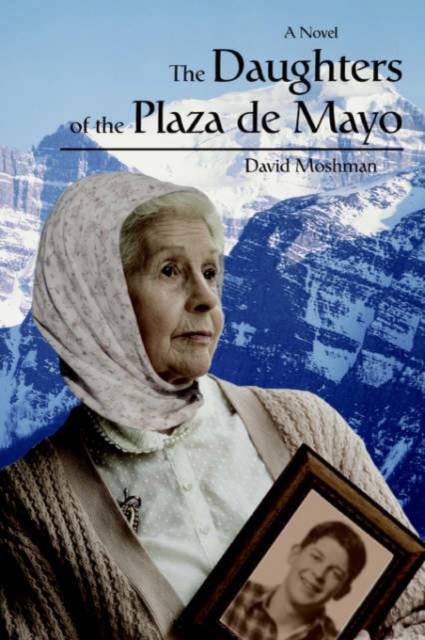
- Retrait gratuit dans votre magasin Club
- 7.000.000 titres dans notre catalogue
- Payer en toute sécurité
- Toujours un magasin près de chez vous
- Retrait gratuit dans votre magasin Club
- 7.000.0000 titres dans notre catalogue
- Payer en toute sécurité
- Toujours un magasin près de chez vous
Description
In the late 1970s some 30,000 Argentines, mostly young men and women thought to have leftist sympathies, were kidnapped and tortured to death by the military government, which denied what was happening. In response, the mothers of the disappeared came together and marched in Buenos Aires at the Plaza de Mayo, demanding week after week that their children be returned or accounted for. Democracy was finally restored, with promises of truth and justice. As memory gave way to historical amnesia, however, and judicial processes to "reconciliation," the Mothers of the Plaza de Mayo continued to march. "Do not forget," they insisted, "do not forgive."
Sixty years later, a nonlocalizable electronic agent that calls itself the Daughters of the Plaza de Mayo emerges on the global Network. No one knows what the Daughters are or what they want. They tell horrifying stories from Argentina and elsewhere. They provide seemingly endless lists of victims' names. They invoke El Eternauta, a comic book character from a space beyond time, to press a moral perspective that demands the impossible. They are singular and plural, informative and obscure, irritating, threatening, unclassifiable, and relentless in the pursuit of their agenda, whatever that may be.
Spécifications
Parties prenantes
- Auteur(s) :
- Editeur:
Contenu
- Nombre de pages :
- 152
- Langue:
- Anglais
Caractéristiques
- EAN:
- 9780595409181
- Date de parution :
- 06-09-06
- Format:
- Livre broché
- Format numérique:
- Trade paperback (VS)
- Dimensions :
- 152 mm x 229 mm
- Poids :
- 231 g

Les avis
Nous publions uniquement les avis qui respectent les conditions requises. Consultez nos conditions pour les avis.






